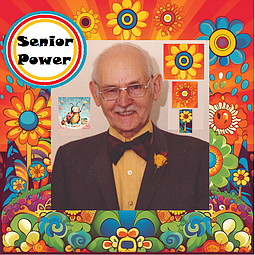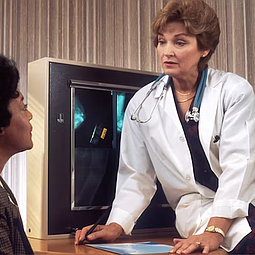What the Occupy Wall Street movement has to do with you
December 30, 2011 at 6:00 a.m.
Right now, the ultimate final goals of the Occupy Wall Street movement are still relatively unclear. There is a general direction towards greater regulation for big business, fairer wages for all and no more bailouts for corporations and banks. What this has to do with you depends entirely on you, yourself.
The risk of small business regulations
While the Occupy movement is trying to target big business, not small business, they say that the best of intentions pave the road to a certain sub-tropical locale. Though not actually a goal of the movement, it may well lead to greater regulations on small business either as a casualty or a subversion of the movement's ambition to cap CEO salaries and raise wages across the board.
The only way to prevent this from happening, if you are a small business owner, is to spread the word on the real cost greater small business regulation should it ever come to a vote. Fortunately, Occupy Wall Street has a generally positive attitude towards small business, supporting movements like Small Business Saturday and Bank Transfer Day, which seeks to take money out of the banks and put it into small private lenders.
A force, not a party
Occupy Wall Street, to be clear, is a great force, a tremendous movement, but not a political party. As such, their goals are not always clear, their politics are not always consistent and their aim is not always true. The general idea behind OWS is to make it easier for people to attain personal insurance, to bring more money into their communities for all employees, small business owners, everybody. The end game of the movement may see very different consequences.
With luck, those of us in our plus fifties, those of us who run small businesses as a means of affording retirement, will see greater income as a result of Occupy Wall Street, not lower income. At the very least, their ambitions are perhaps more in line with what your average retiree wants than the ambitions of, say, lenders like Fannie Mae, who have sunk billion after billion in taxpayer money into bizarre schemes and expenditures.
However, the ultimate end of Occupy Wall Street may well be determined by the political and cultural leaders who can guide the raw force and enthusiasm of the movement and push it towards a certain end.
Taking an active role
Because of the amorphous nature of the Occupy movement, the good news is that anybody who can take charge can, in fact, benefit directly from the energy and passion that the movement possesses. To watch interviews with these men and women you will see that they are not the unwashed "hippies" they're made out to be. There are conservatives and liberals, old and young, black and white, rich and poor people in the crowds.
All the protesters really have in common is that they see that there's something wrong with the way things are being run right now, and they want to see a change.
This is a force that may serve as a rapt audience to any calls for action, a crowd ready to seize on any good idea. If you want to see fewer regulations on your small business, if you want to see lower taxes for you, Occupy Wall Street wants a change, too, and their members energize a great number of small scale, grass roots pushes for social and political change.
The secret about these people is that you may not agree with them on everything, but they don't agree with each other on everything, either. Rather than a singular cause, they are merely a force demanding change and for our government to do their job and drag the economy out of the hole it's found itself in.
Content Provided by Spot55.com





